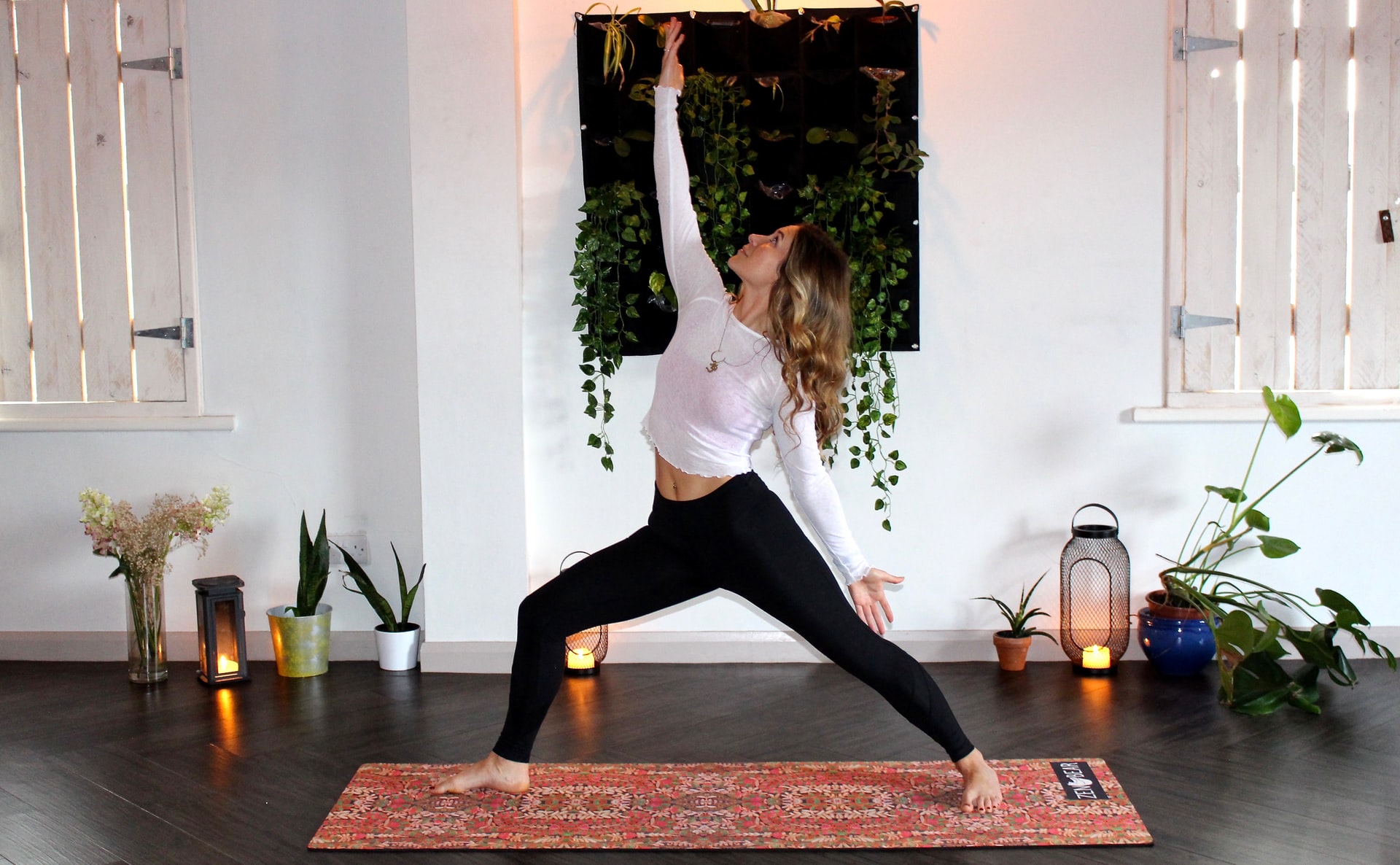It can be easy to lose sight of good habits, especially when you’re in a situation far from the norm. Perhaps you’re traveling abroad for the first time. Maybe you’ve been laid off from your job and can’t find a new one. You could also be in an unforeseen quarantine. No matter the reason, don’t beat yourself up. Instead, look for ways to get your routine back on track.
You may be asking yourself, “What’s the point?” According to one study, routines and repetitive behavior can help you induce calm and deal with stress due to unpredictable environments. Rituals help us feel like we’re in control of a situation that’s otherwise out of our hands.
If you have children, routines also impact development, promoting time management skills and reducing attention difficulties. Plus, kids who know what to expect day-to-day are more likely to feel a sense of family stability than those who experience activities and tasks at random.
Are you ready to reap the rewards of routine? Read on to discover how you can recultivate good habits.
How to Revamp Your Lost Routines
If you have a hard time keeping up with habits — or want to start new ones — you can discover how to develop healthy routines with these tips:
1. Start Slow With Exercise
You missed a few workouts — or more than a few. How do you get back on track? To start, try a manageable activity, like walking around your neighborhood or riding a bike. Just get moving and try to work up a sweat. Commit to five minutes of movement. Then tack on an extra minute the next day, and again the next.
It can help to recruit an exercise buddy to hold yourself accountable. Ask your spouse, child or neighbor to join your jogs. Bask in how good you feel after you exercise — enjoy that post-workout high. When you need a little motivation, remember that feeling.
2. Choose to Eat Healthily
Don’t think of healthy eating as dieting. Instead, consider it a lifestyle change, habits you want to uphold for years to come. This routine comes with a host of benefits, including weight loss, better sleep and increased serotonin production, a brain chemical that enhances mood.
If you want to improve your nutrition, start by choosing whole foods rather than processed ones. Instead of ramen noodles, eat fish and fresh green beans. Swap out that frozen pizza for chicken breast and an apple for dessert. You should also cut out sugary drinks, like soda and juice. As an alternative, drink water or unsweetened tea.
3. Develop a Sleep Schedule
It can be hard to maintain a sleep routine if you’re no longer commuting to work. However, going to bed at the same time each night will improve your ability to fall and stay asleep. Try to maintain a consistent schedule, even on weekends and during holidays. Set a bedtime that allows you to get at least seven hours of rest.
Do you find it hard to fall asleep at night? Be sure your routine includes no electronics after a particular time, as the emitted blue light can disrupt your circadian rhythm. Instead of watching TV or looking at your phone, read a book or listen to a podcast. You should also avoid eating right before you go to bed.
4. Get in the Mood to Clean
One excellent habit to foster is to clean your living space regularly. With everyone stuck at home due to the COVID-19 pandemic, our homes are getting dirtier than usual. An unkempt living space can adversely affect your health and mood, making you feel depressed and anxious.
Cleaning and designating a spot for each item in your house will make you feel happier and more comfortable. Plus, this routine will boost your immune system, ensuring you stay healthy. Create a cleaning schedule and try to complete one task per day. For instance, you can use Mondays for dusting and Fridays for laundry.
5. Start Tracking Your Spending
If you feel like your finances are up in the air, using a budget to track your expenses can give you control. To start, determine your available income — how much you bring home after taxes. Then, identify your costs, such as rent, car insurance, student loan payments, food, clothing and more.
Your budget will show you how much you have leftover each month after you pay your bills. Keep in mind this number is an estimate, as some expenses fluctuate. With this figure in mind, create some goals. Perhaps you want to start an emergency fund, save up for a dream vacation or pay off your child’s college expenses.
6. Maintain Social Connections
You may not realize it, but it’s crucial to have routines when it comes to social health. People who don’t maintain social relationships are less healthy — physically and mentally — and are more likely to die prematurely. Feeling connected to others is powerful and helps you feel like you have a place in the world.
Try scheduling regular friend dates, such as an outing every other Saturday. You can go to dinner or hit up a local music venue. If you’re social distancing and can’t meet up in person, try a video call, play online games or watch a movie together with Netflix Party.
Rediscover Good Habits and Jumpstart Your Routine
We all lose sight of our routines occasionally. If you’ve fallen off the good-habit wagon, don’t despair — you can hop back on again with the tips above. With a few steps in the right direction, from eating healthier to cleaning regularly, you’ll feel better mentally and physically.


